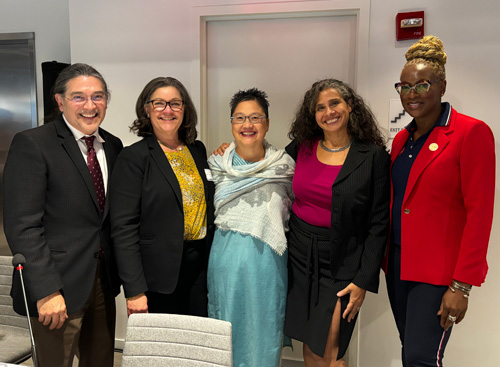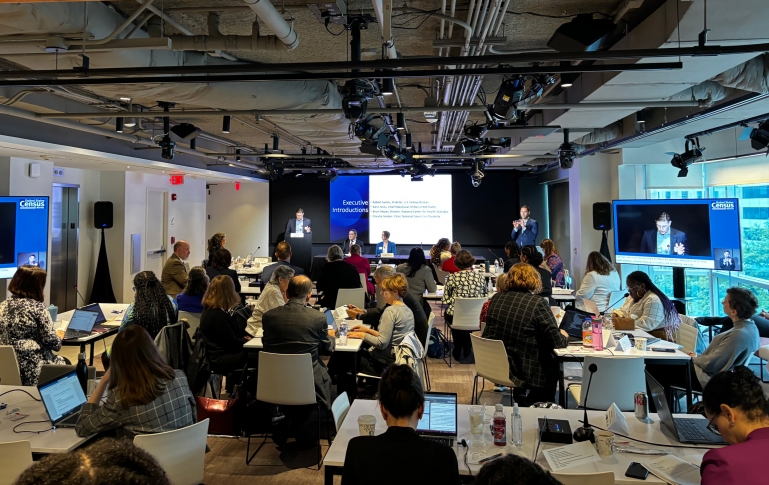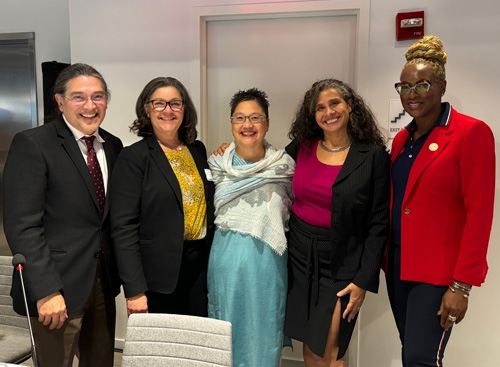2024 Annual Report - Disability Community Stops Harmful Proposed Change to Census, Preserving Disability Representation

2024 Annual Report - Disability Community Stops Harmful Proposed Change to Census, Preserving Disability Representation
Breakthroughs Disability Community Stops Harmful Proposed Change to Census, Preserving Disability Representation
Faced with a proposal that would have erased millions of disabled people from federal data, the disability community led a powerful, united response. Their action safeguarded not just numbers, but visibility, dignity, and the rights of an entire community.
In 2024, the U.S. Census Bureau proposed a major change to how disability is measured in the American Community Survey (ACS), a shift that would have drastically undercounted disabled people nationwide. By adopting a narrower definition, the estimated disabled population would have dropped from 14% to just 8%, effectively erasing nearly 20 million people from federal data. An undercount of this scale would have had serious consequences: making it more difficult for people with disabilities to access housing, health care, disaster preparedness resources, and to receive protections under civil rights laws.

Left to Right: U.S. Census Bureau Director Robert Santos; Marlene Sallo, Executive Director, National Disability Rights Network; Tho Vinh Banh, Counsel, DRC, Meeta Anand, Senior Director, Census & Data Equity; Claudia Gordon, Chair, National Council on Disability
DRC Flagged the Proposal Through Years of Census Monitoring
Disabled leaders across the country came together to fight back, and DRC played a key role in identifying this proposal and coordinating a response. Tho Vinh Banh, Special Counsel to DRC's Strategic Partnerships and Community Engagement (SPACE) unit has monitored census-related developments for years. Tho Vinh, who was appointed to California’s census committee in 2017, flagged the proposed change and helped mobilize national advocates. Together, they built a coordinated response grounded in community leadership.
Two core strategies emerged: the creation of an accessible public comment survey and an education campaign to help the disability community understand the implications of the proposed change. The result was unprecedented: over 12,000 comments were submitted, a rare level of engagement for the Census Bureau. In response, the Bureau reversed the proposal, kept the current questions in place for 2025, and committed to continued engagement with disabled stakeholders.
Breakthrough
That commitment took shape at a national convening in Washington, D.C., where disabled advocates, researchers, and community members met with federal agencies to move the conversation beyond a single policy decision. A clear theme from the public feedback was the need for ongoing, meaningful engagement between the disability community and government. At the event, Tho Vinh facilitated a panel discussion titled “A Path Toward Meaningful Engagement with the Disability Community,” which centered the lived experiences of intersectional disabled leaders and helped shape the path forward. It was a powerful example of what a united disability community can achieve together, on a national scale.







